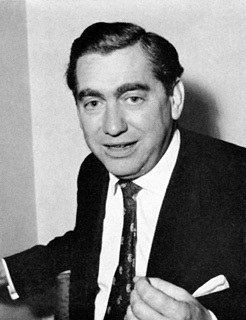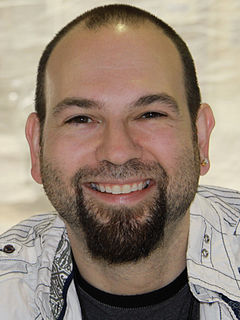A Quote by Matt Haig
I think we get too hung up on categories. Obviously, the book market has to categorise things, and it makes it easier for a reader to go into a bookshop and choose, but as a writer, it helps to get rid of all of that and imagine you are a storyteller around a campfire.
Related Quotes
That underscored this idea that when we're reading a book or writing a book, you're in an act of co-creation. The reader and the writer are both trying to dress up and present their best selves and then there's that moment, when suddenly, as a reader, you're not exactly you anymore, and likewise, as a writer, you're not really you.
It's easier to set off a bomb that kills innocent civilians in a market than it is to plot an assassination, but that obviously was true before as well. I also think it's now easier to get attention for a small attack that goes off in a random market. It's almost like there's a marketplace for terror in the media, and these people are supplying the attacks, knowing that the media will cover them sensationally.
It is easier for the reader to judge, by a thousand times, than for the writer to invent. The writer must summon his Idea out of nowhere, and his characters out of nothing, and catch words as they fly, and nail them to the page. The reader has something to go by and somewhere to start from, given to him freely and with great generosity by the writer. And still the reader feels free to find fault.
It's like this," he'd explained once to Connie. "If someone gave you a single rose, you'd be happy, right?" "Okay," he went on, "Now imagine someone gives you ten thousand roses." "That is a whole lotta roses," she said. "That's too much." "Right. Too much. But more than that, it makes each individual rose much less special, right? It makes it hard to pick one out and say, 'That's the good one.' And it makes you want to just get rid of them all because none of them seem special now." Connie had narrowed her eyes. "Are you saying when you're at school you just want to get rid of everyone?
Every reader, as he reads, is actually the reader of himself. The writer's work is only a kind of optical instrument he provides the reader so he can discern what he might never have seen in himself without this book. The reader's recognition in himself of what the book says is the proof of the book's truth.






































